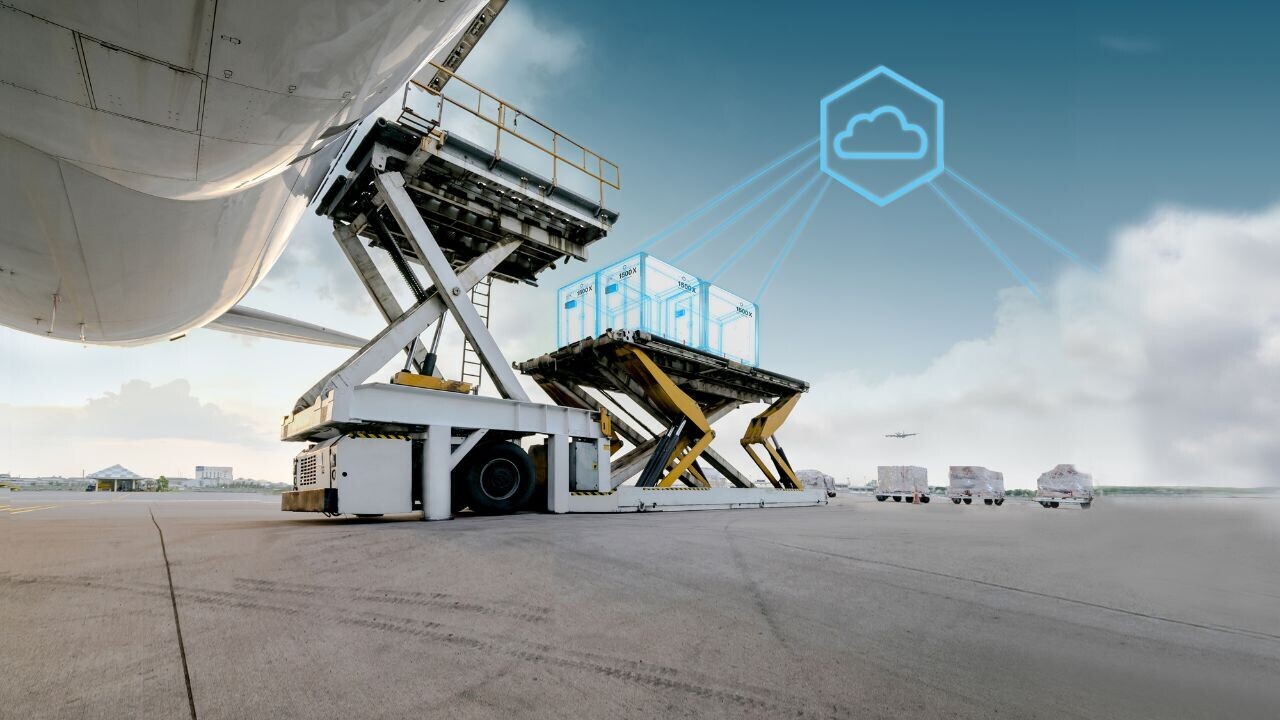
SkyCell, based in Switzerland, has closed $116M in a Series D round for its technological solution that improves the pharmaceutical supply chain for air travel.
Founded in 2013, the startup manufactures temperature-controlled containers, using proprietary cold chain technology to monitor and optimise functions such as cooling, humidity protection, and shock absorption.
The containers also come with a patented insulation system that reflects heat radiation, enabling them to self-charge in cold environments such as refrigerated vehicles. This ensures a steady temperature between -80°C to 25°C, depending on the specific model.
Effective cold chain storage has become a critical part of pharma logistics, as they demand for medicines is increasing across the world. Such can protect sensitive products from contamination, spoilage, and loss of potency.
SkyCell combines its hardware with a logistics software solution that leverages simulation and operational data to allow pharma companies to have real-time, end-to-end oversight of the shipments. The software also provides risk assessments throughout the supply chain to help prevent the loss of medications.
The company says that its containers transport about $2.5bn worth of pharma goods, including vaccines, as well as cancer treatments and diabetes medication. It also claims that its solution can reduce CO2 emissions by up to 50% thanks to the lightweight, smart containers.
“By digitising the pharma supply chain, transport delays, product wastage, and temperature deviations will be less frequent, and ultimately we will build resilience in the supply chain,” Richard Ettl, SkyCell’s co-founder and CEO, told TNW.
“Because of this, everyone across the entire pharma supply chain wins.”
The Series D round includes $59mn from growth investor Tybourne Capital Management and CC Industries (CCI). This follows a $57mn equity investment from Catalyst, the purpose-led private assets strategy of M&G Investments.
With the fresh capital, SkyCell plans to grow its operations across the US and Asia.
Get the TNW newsletter
Get the most important tech news in your inbox each week.





